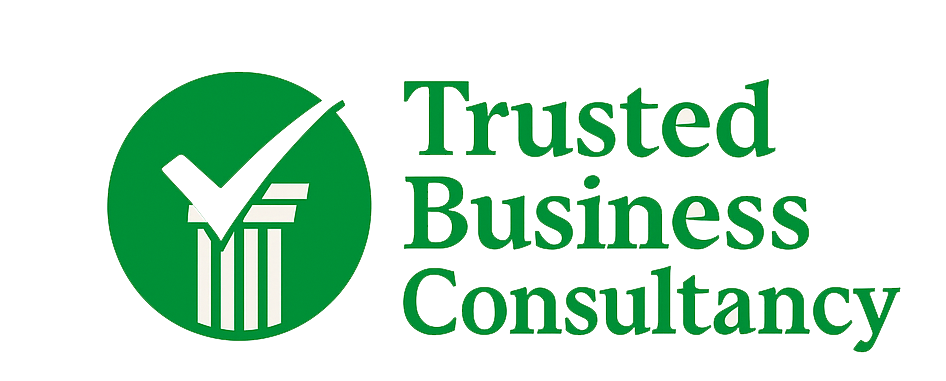How to Value a Private Company: 3 Proven Methods for Accurate Business Valuation
Valuing a privately-held company is critical for selling, securing investors, or strategic planning. Unlike public firms, private businesses lack market-driven stock prices, making valuation more complex but equally crucial.
In this guide, we break down the 3 most trusted valuation approaches used by financial experts—plus when to use each method for maximum accuracy.
Why Private Company Valuation Matters
Whether you’re:
✔ Selling your business
✔ Seeking investors
✔ Planning an exit strategy
✔ Settling shareholder disputes
…an accurate valuation prevents costly mistakes and ensures fair deals.
Method 1: The Asset Approach (What’s Your Business Worth on Paper?)
Best for:
-
Companies with significant physical assets (real estate, equipment)
-
Businesses not generating steady profits
Adjusted Net Asset Method
Calculates:
Fair Market Value of Assets – Liabilities = Business Value
Key Adjustments:
✔ Revalue property/equipment to current market rates
✔ Account for bad debts (uncollectible receivables)
✔ Include hidden liabilities (e.g., pending lawsuits)
When to Use It:
-
Loss-making businesses
-
Capital-intensive industries (manufacturing, agriculture)
-
Holding companies
Method 2: The Income Approach (Valuing Future Earnings)
Best for:
-
Profitable businesses
-
Startups with high growth potential
A) Capitalization of Cash Flow (Stable Businesses)
Formula:
Normalized Cash Flow / (Discount Rate – Growth Rate) = Business Value
✅ Ideal for companies with predictable, steady growth
B) Discounted Cash Flow (DCF) – Fast-Growing or Volatile Firms
How It Works:
-
Forecast 5-10 years of future cash flows
-
Discount them to present value (accounts for risk)
-
Add terminal value (long-term worth)
✅ Best for tech startups, SaaS, or businesses with fluctuating revenues
Method 3: The Market Approach (What Are Similar Companies Worth?)
Best for:
-
Industries with lots of comparable sales data
-
Businesses in competitive markets
A) Comparable Company Analysis (CCA)
Uses valuation multiples from similar public/private companies:
✔ Price-to-Earnings (P/E) ratio
✔ Enterprise Value-to-Revenue (EV/Rev)
B) Precedent Transactions
Analyzes recent sales of similar private businesses in your industry.
Example:
If a competitor sold for 5x annual revenue, your business might follow a similar multiple.
Which Valuation Method Should You Use?
| Method | Best For | Limitations |
|---|---|---|
| Asset Approach | Asset-heavy or unprofitable firms | Ignores future earnings potential |
| Income Approach | Profitable or high-growth businesses | Relies on accurate financial projections |
| Market Approach | Industries with strong comps data | Hard if few comparable companies exist |
Pro Tip: Many valuations combine methods for the most accurate estimate.
Need a Precise Business Valuation?
Valuing a private company requires deep expertise in financial modeling, industry trends, and risk assessment.
Get a Professional Valuation →
